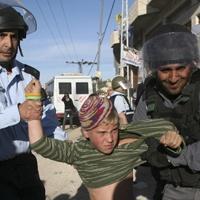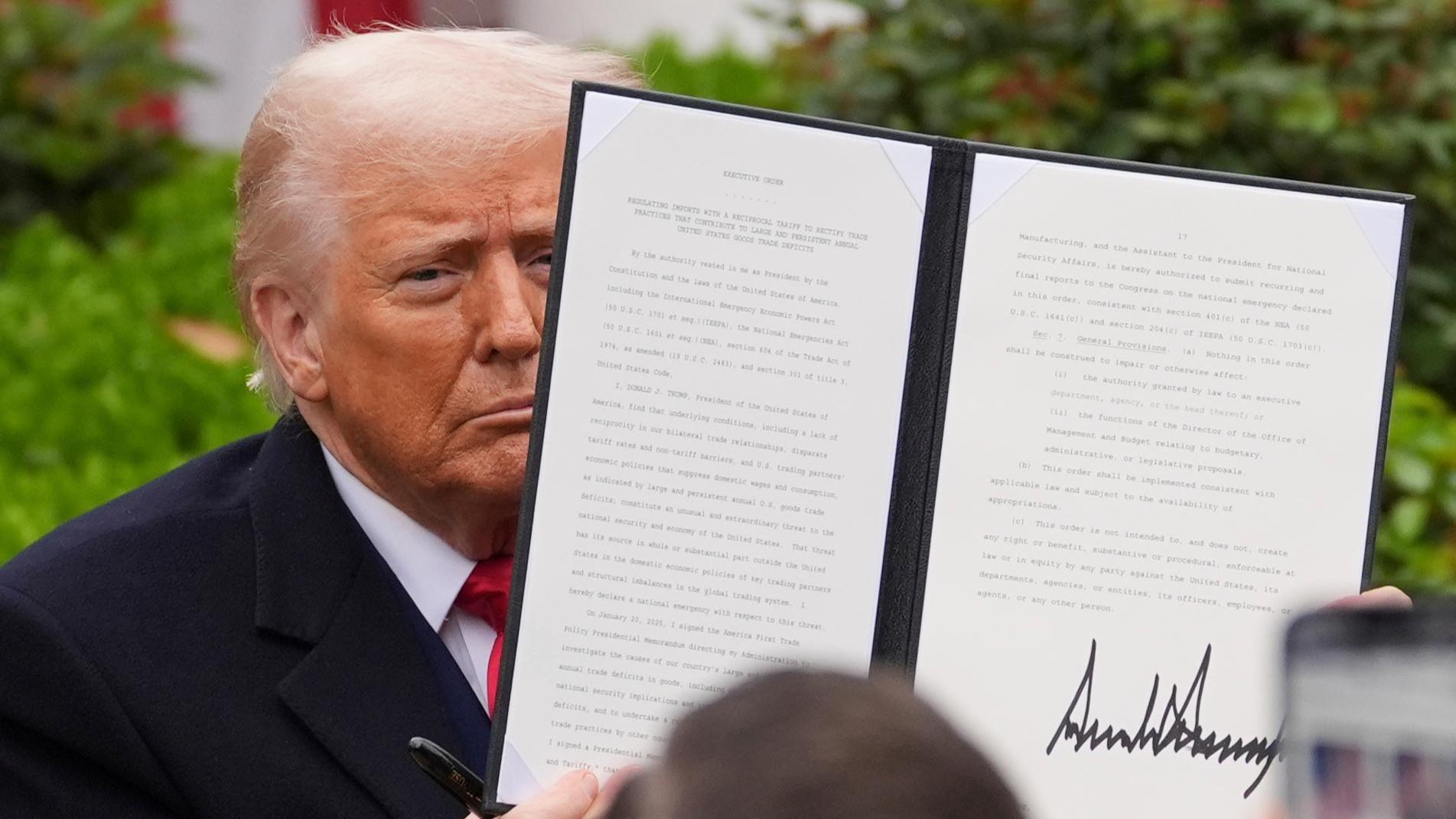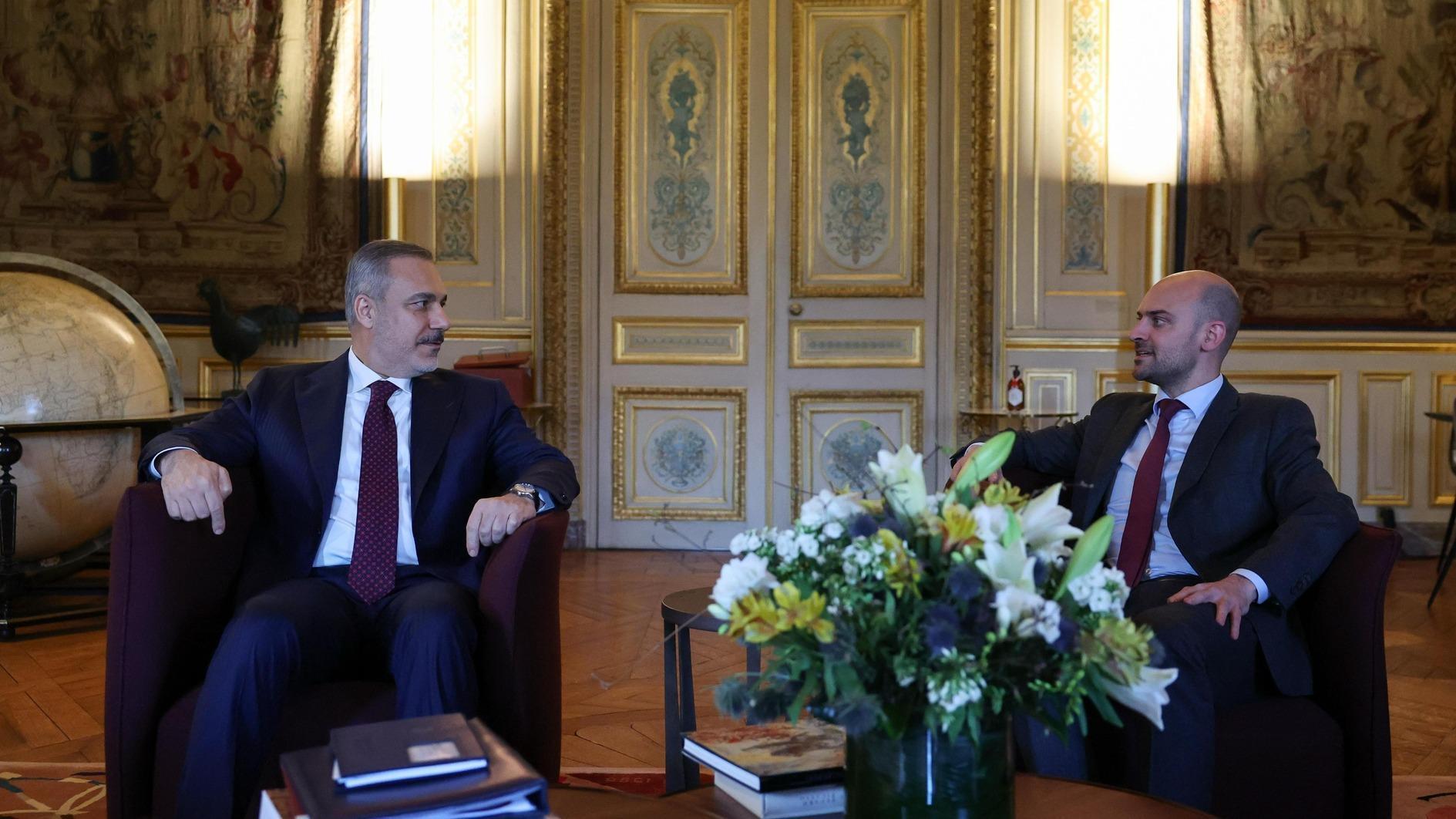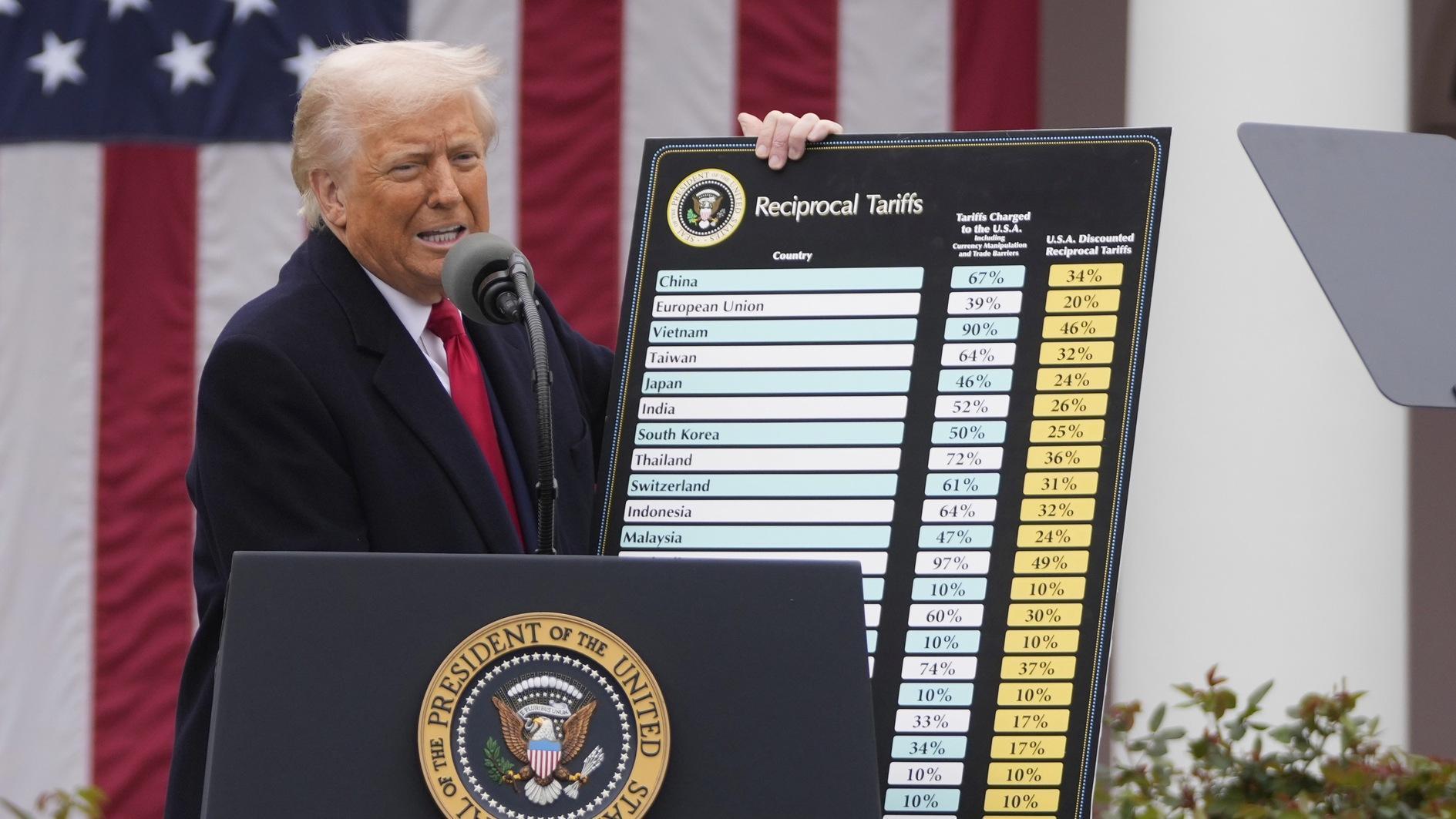Mob violence stirs an outcry in Israel
Bloomberg

refid:10510909 ilişkili resim dosyası
When bullets started flying on an Israeli beach just south of Tel Aviv on the evening of July 28, Alexander Lautin initially thought it was a terrorist attack.It wasn’t. It was what police called a gangland shooting, and Lautin, a 34-year-old immigrant, was caught in the cross fire along with his wife, Margarita, and their two young children. Margarita, 31, was killed.
"It’s time the authorities start dealing with the gangsters in the same way they fight the terrorists," said Lautin in an interview four months after his wife’s death.
"As Israel’s economy has grown in recent years, so have opportunities for organized crime," said Menahem Amir, a professor of criminology at Jerusalem’s Hebrew University. "Israel itself is a relatively small country, which makes the fight over local territories and rackets very competitive."
The gangs profit by illegal gambling, car theft, extortion, loan-sharking, prostitution, drug-trafficking and infiltration of legitimate businesses, he said. Israel has about a half-dozen major organized crime families from both the Jewish and Arab communities, said former national police commander Assaf Hefetz, who is running for the parliament, or Knesset, on the Likud Party list. Each has between 300 and 400 hard-core members.
The annual cost to the economy of organized crime is about 13 billion shekels ($3.3 billion), or 2 percent of GDP, he said in a telephone interview.
"The police needs more tools to contend with this threat," said Hefetz. He cited manpower increases, tougher sentences for multiple offenders and especially seizing the property and money of suspected crime family leaders.
Mob-related incidents
In November alone, there were two high-profile mob-related incidents. On Nov. 26, police revealed they had busted an Israeli-run drug ring based in Haifa that operated throughout Europe and South America. Police seized 1.5 tons of cocaine worth $500 million in raids across three continents, in coordination with international law enforcement.
And on Nov. 17, Ya’acov Alperon, described by a police official as one of Israel’s top organized crime bosses, was blown up in broad daylight on a busy Tel Aviv street. Two bystanders were lightly hurt. Eight others have been killed and several more wounded in gangland hits over the past three years.
The Israeli media has occasionally given local mobsters celebrity treatment. Before his death, the fedora-wearing "Don Alperon" took part in a television reality program in which a top fashion model temporarily moved in with his family -- his immediate one, not the "Alperon family" described by a police official as a top crime group. The official declined to be identified because investigations are ongoing.
The Knesset held a special hearing Nov. 24 on the threat of organized crime. "The public has no confidence that the police is coping with the phenomenon of organized crime violence," said Labor member Ophir Pines-Paz.
Such acts have led to calls for the government to utilize some of the same methods and resources it deploys against terrorism in its battle on organized crime.
Alexander Lautin, testifying at the Knesset hearing, suggested mobilizing Israel’s feared internal security agency, the Shin Bet, which has always dealt exclusively with terrorist threats. Both Mantzur and Pine-Paz said the answer was not diverting resources from Israel’s already over-stretched internal security forces, but reinforcing police efforts.
"It’s only a matter of time before the next act of violence between these gangsters, and innocent bystanders could again be the victims," said Pines-Paz.
"They will be," added Lautin.
















